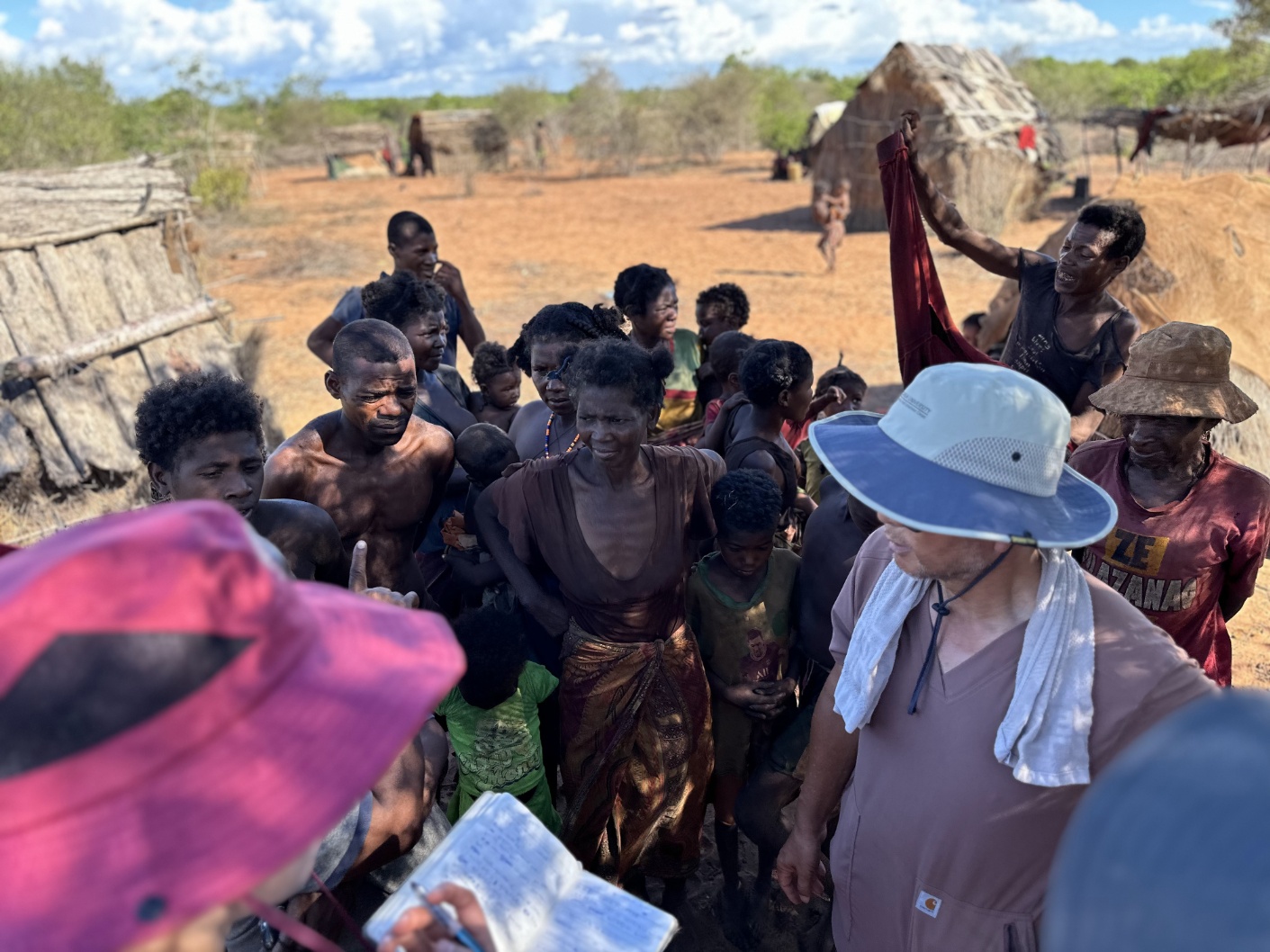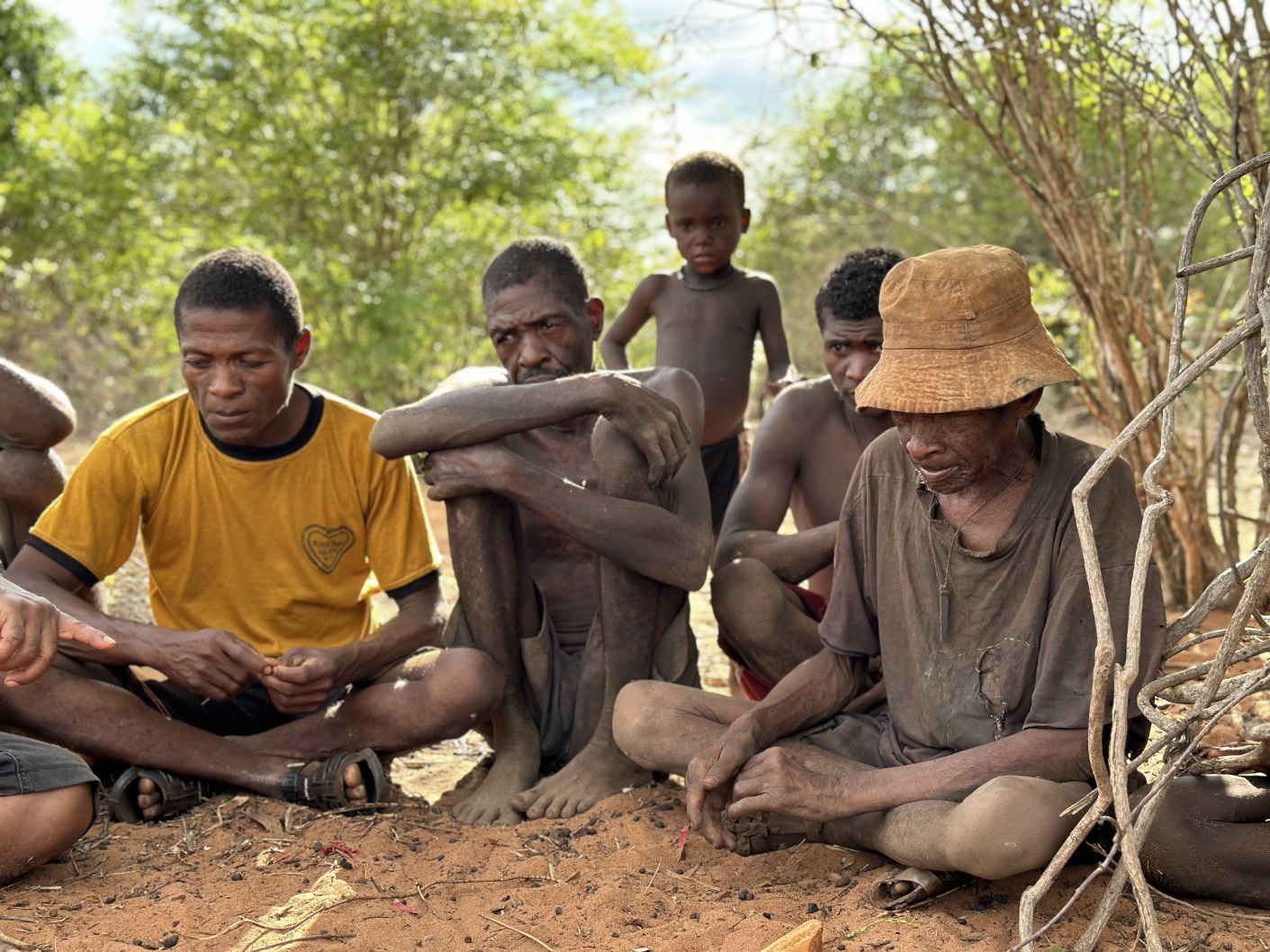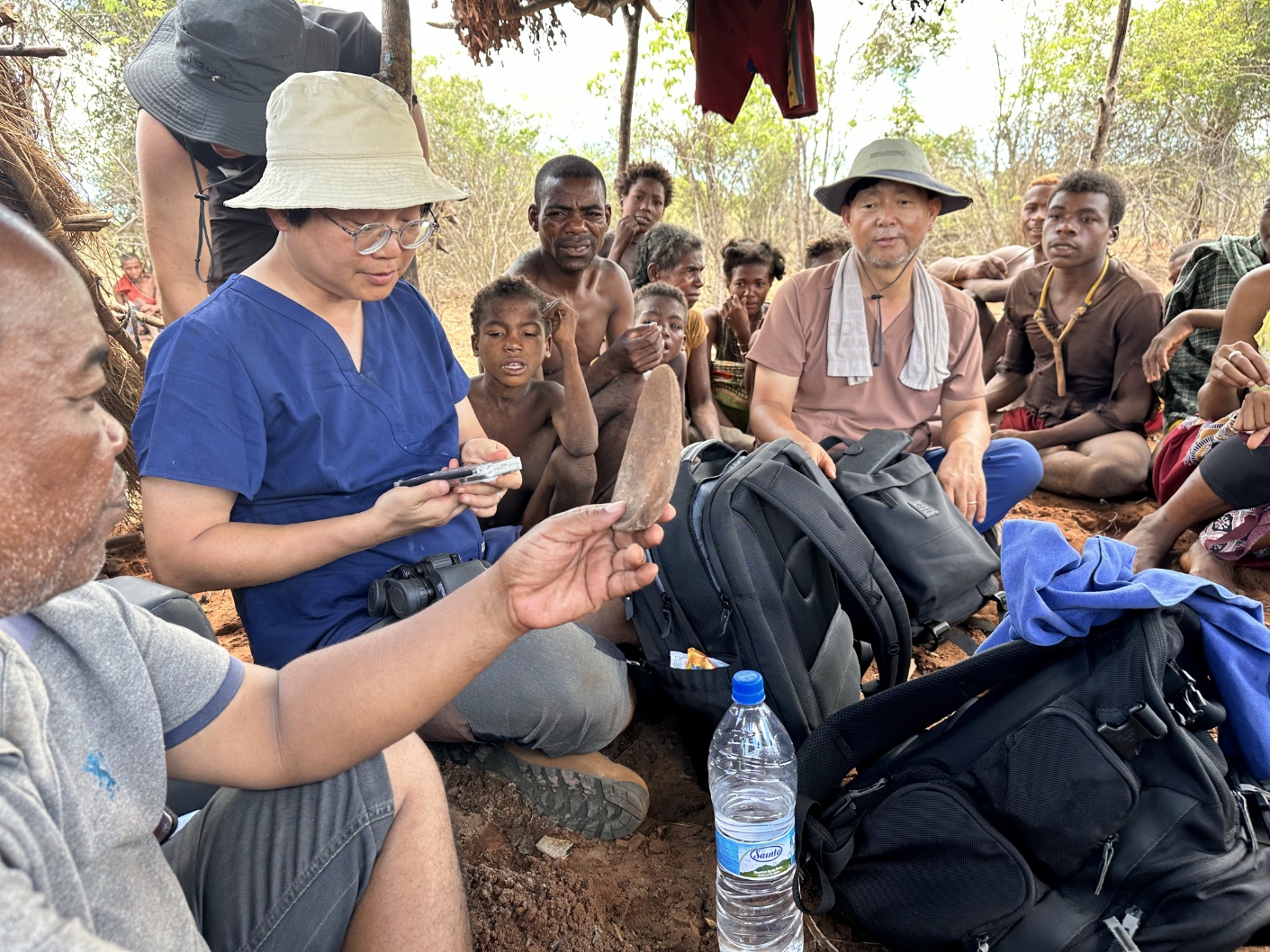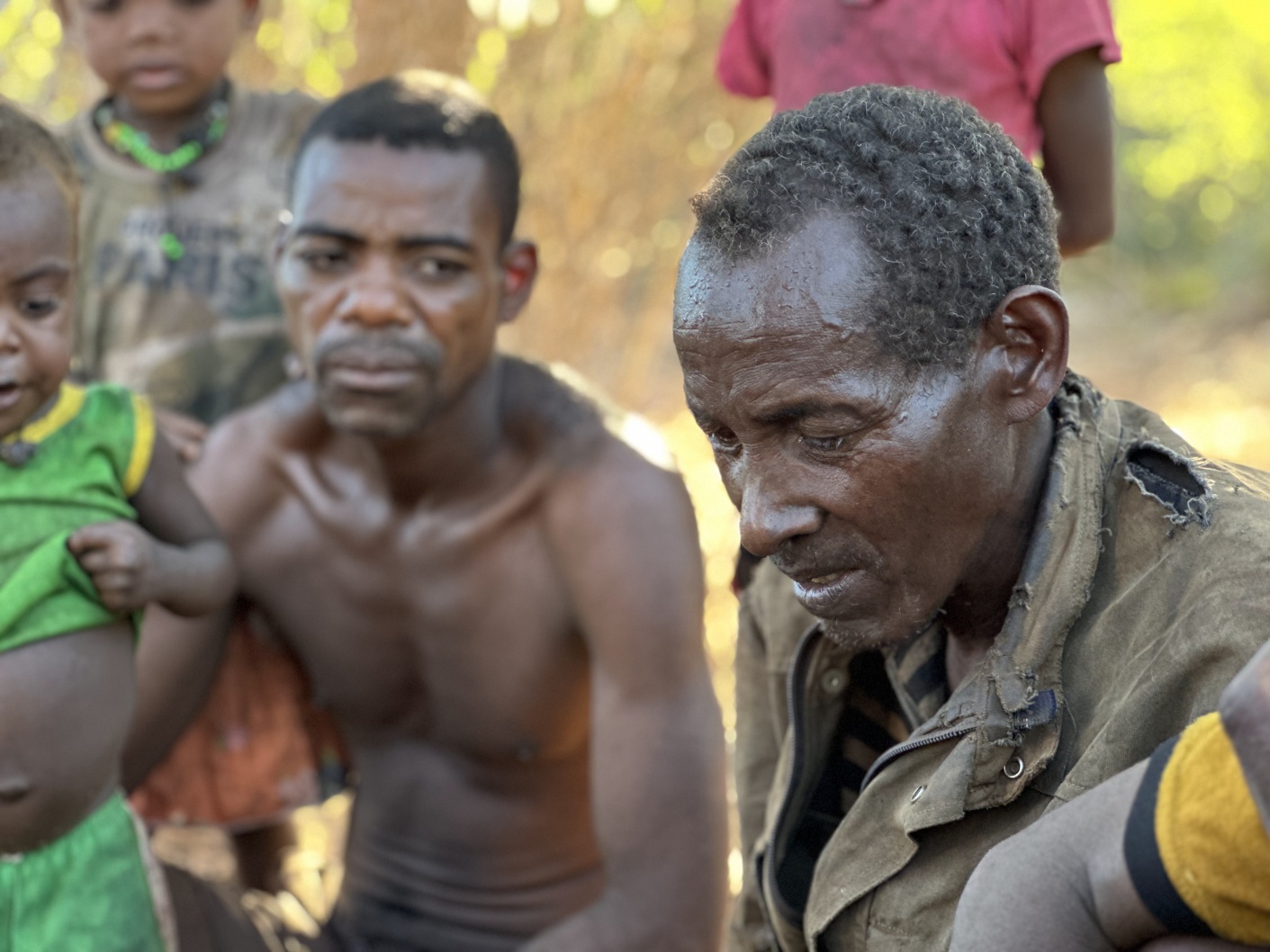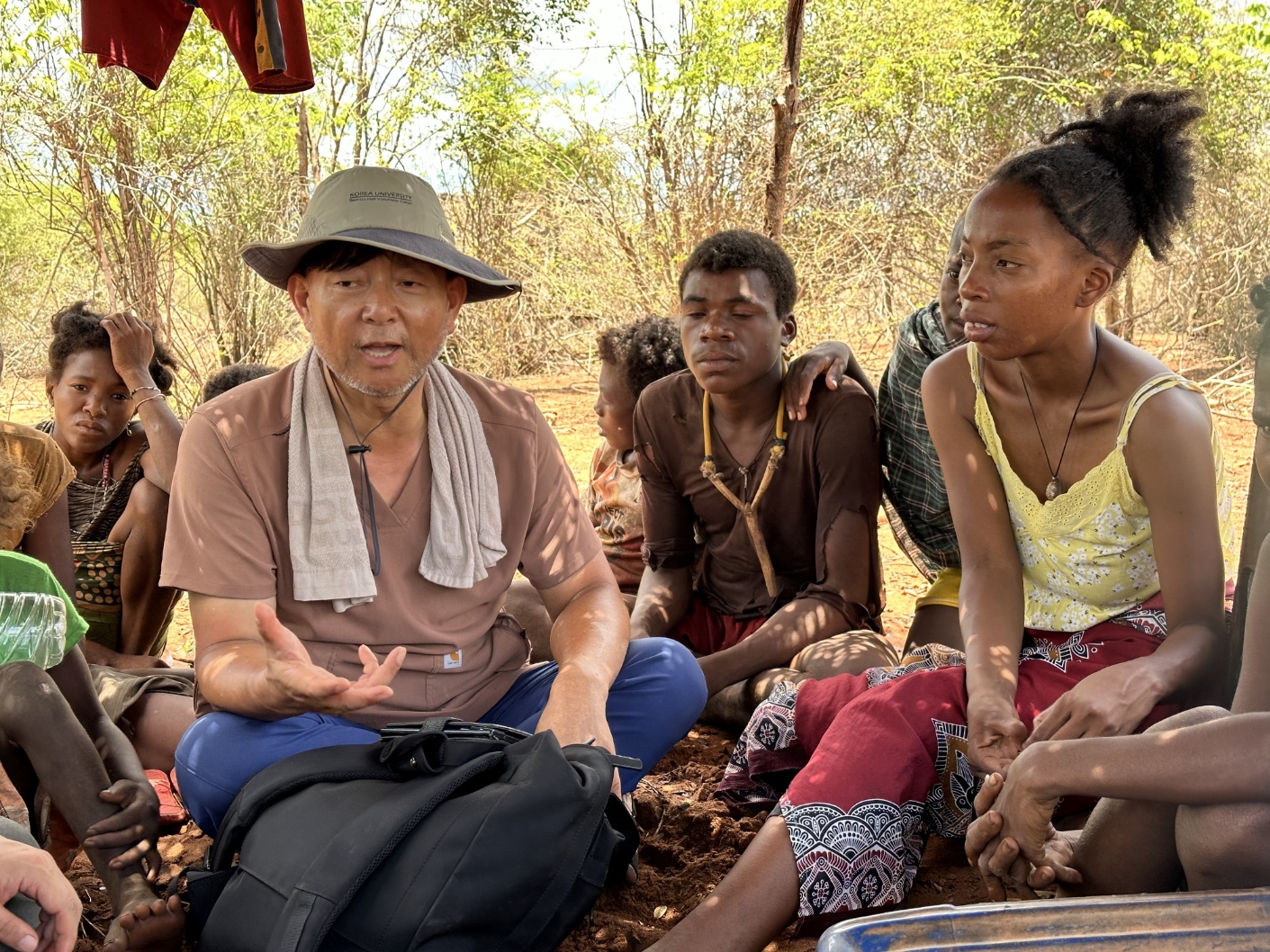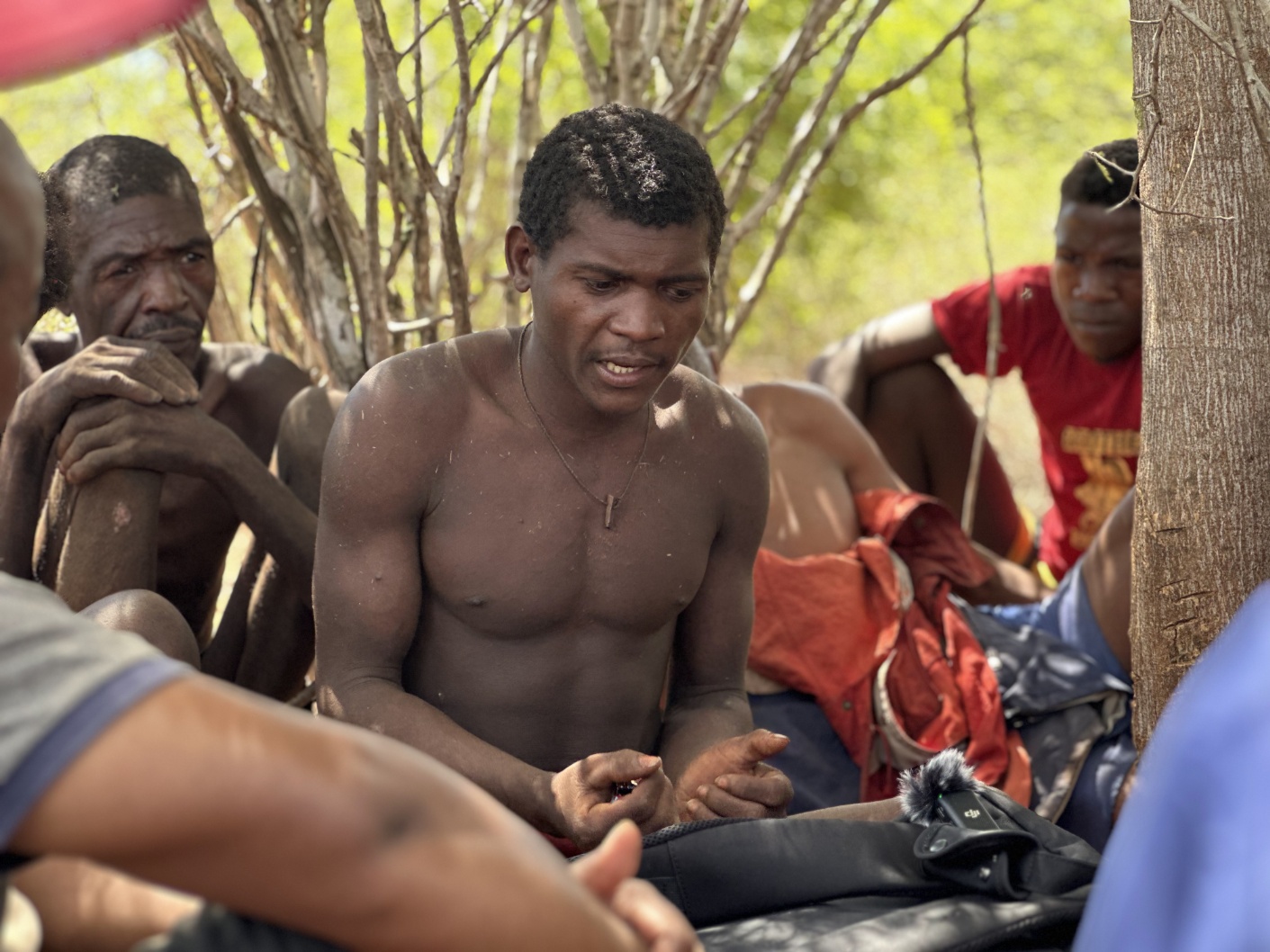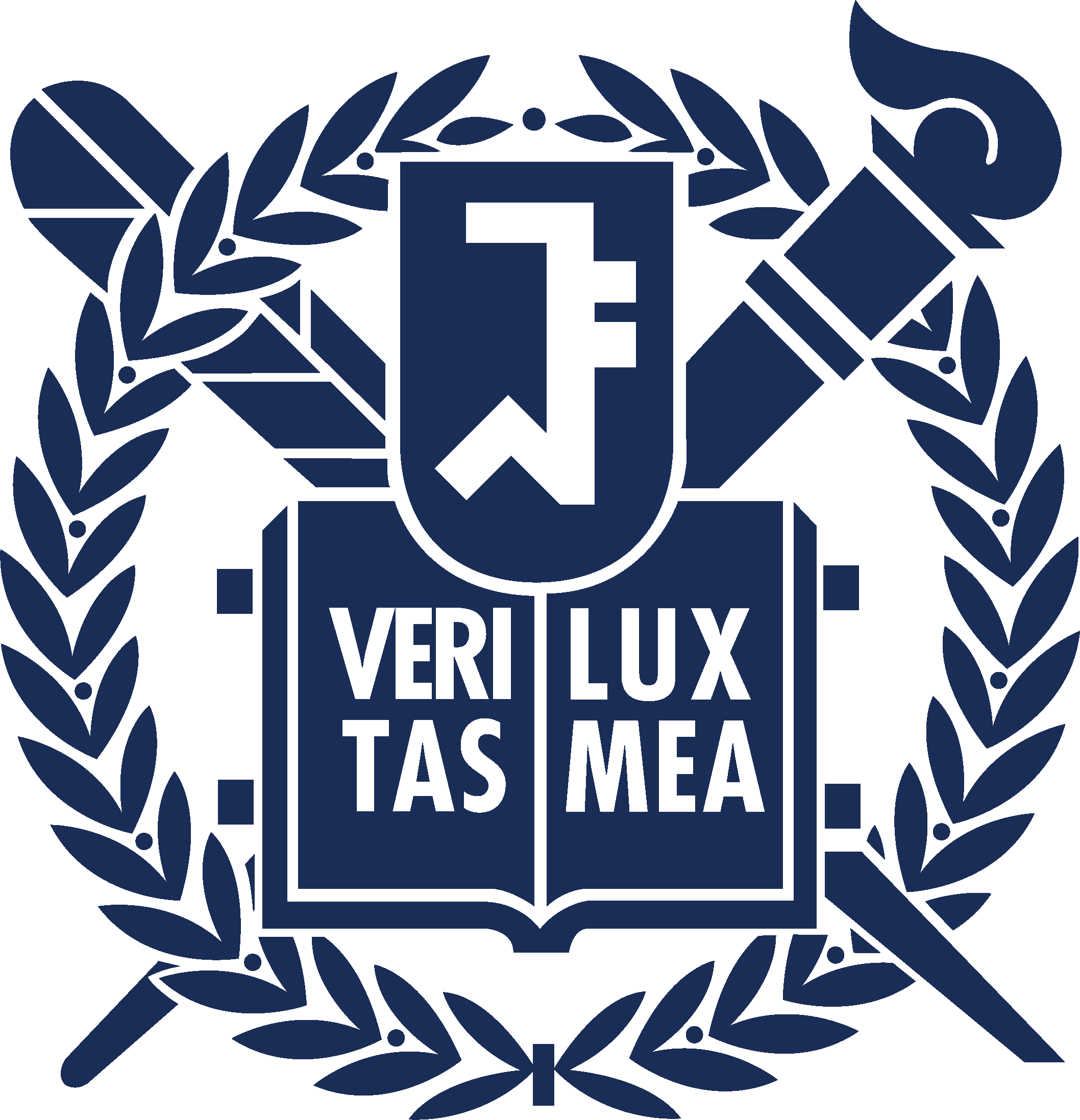The Mikea people are a small, semi-nomadic group of hunter-gatherers living in the Mikea Forest, located in southwestern Madagascar, Anjabetrongo. They are one of the few remaining groups in the world who maintain a traditional lifestyle closely tied to the forest. The Mikea rely on a mix of hunting, gathering, and some small-scale farming for their subsistence. They hunt small game, gather wild tubers, honey, and other forest resources, and engage in limited cultivation of crops like maize and manioc.
The Mikea are known for their deep knowledge of the forest and its resources, which has been passed down through generations. Their way of life is closely connected to the environment, and they have developed a unique cultural identity that is distinct from other ethnic groups in Madagascar.
However, the Mikea people face significant challenges as deforestation, land pressure, and government policies threaten their traditional way of life. The encroachment of agricultural expansion and logging activities into the Mikea Forest has reduced their access to resources and has put their cultural practices at risk. Despite these challenges, the Mikea continue to preserve their heritage and adapt to changing conditions while maintaining a strong connection to their ancestral lands.
In our lab, we have established a research camp in Anjabetrongo, where we research both the Masikoro Mikea, who practice agriculture, and the hunter-gatherer Mikea in the Mikea Forest. This camp serves as the base for conducting surveys and interviews focused on the behavioral immune system responses of the hunter-gatherers. Additionally, we are conducting ethnographic research centered on the Pandahara family, exploring the relationships and cultural practices between these different groups of Mikea.
